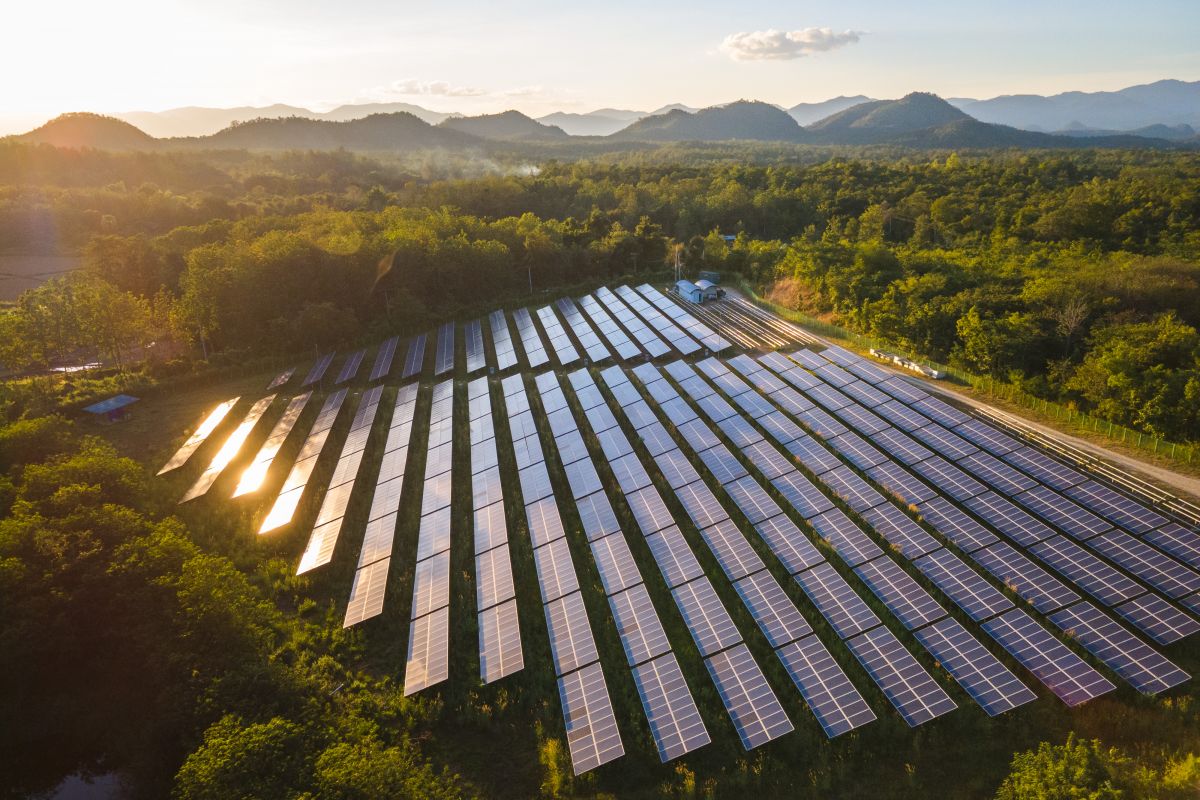
COP26 - Key takeaways for the Trade Union movement
Governments are willing to talk big
COP26 launched commitments to phase out coal, to end international finance for fossil fuels, and included a Just Transition declaration for international aid and finance, with decent work and workers’ voices at its heart. Some snippets from the Just Transition Declaration:
“We recognise that the development of effective, nationally coherent, locally driven and delivered Just Transition plans within countries are dependent on effective and inclusive social dialogue. We intend to support and promote social dialogue between governments and the representative organisations of workers and employers”.
“We will aim that new jobs, and transitioning jobs, support the creation of decent, formalised, and sustainable work for people in their local areas”.
These are strong commitments. But the declaration – developed by the UK Presidency – is focused on international finance and technical assistance, not domestic practices.
We need this to translate into a domestic commitment to social dialogue and Just Transition plans within the UK, including a national Just Transition Commission, like the Government’s independent Green Jobs Taskforce recommended.
These are also voluntary commitments and not binding – you cannot hold governments to account for them the same way you can with an international treaty.
The talk isn’t matched by action
Climate action plans still add up to an atrocious 2.4 degrees warming, according to Climate Action Tracker analysis.
- With all target pledges, including those made in Glasgow, global greenhouse gas emissions in 2030 will still be around twice as high as necessary for the 1.5°C limit.
- Analysis of all current 2030 pledges shows global temperatures increasing by 2.4°C in 2100.
Preventing catastrophic climate change requires greater ambition – especially on the part of rich countries.
Workers’ voices and workers’ rights receive limited attention in the binding international agreements. British trade union delegates to the COP26 negotiations wrote a statement warning that workers around the globe were at risk of being left out in the cold.
The current draft of the Glasgow Agreement includes a recognition of the “need to ensure a just transition towards a low-carbon future and the creation of decent work and quality jobs”.
But more specifics are required to turn this into reality. The trade union movement and environmental organisations called for specific language requiring all countries to support the conditions for a Just Transition internationally, including:
- Support for workers to transition into new jobs
- Social dialogue
- Economic strategies
- Local, inclusive and decent work - including across supply chains
- Paris agreement reporting on Just Transition
Workers are doing it themselves
From Glasgow’s cleansing workers on strike for a decent wage, to workers at Rolls Royce Aerospace factories getting together to plan for a future-proof business model, trade unionists are ready to plan and fight for good green jobs for all.
Many unionised workers are taking the lead in decarbonising their workplaces – including in polluting sectors with large carbon emissions. Steel workers in Tata plants in South Wales have put forward practical proposals on how to produce green steel, automotive workers want to retool factories to make electric vehicles, and refinery workers are thinking about how to move beyond fossil fuels.
We will keep fighting for climate action that adds up to science-based targets and provides a just transition for workers. And as trade unionists we must win that change in our workplaces too.
If you want to make a start in your own workplace – try our 15-minute online course on beginning to talk about climate action with your employer – or sign up for our just transition campaign updates.
Stay Updated
Want to hear about our latest news and blogs?
Sign up now to get it straight to your inbox
